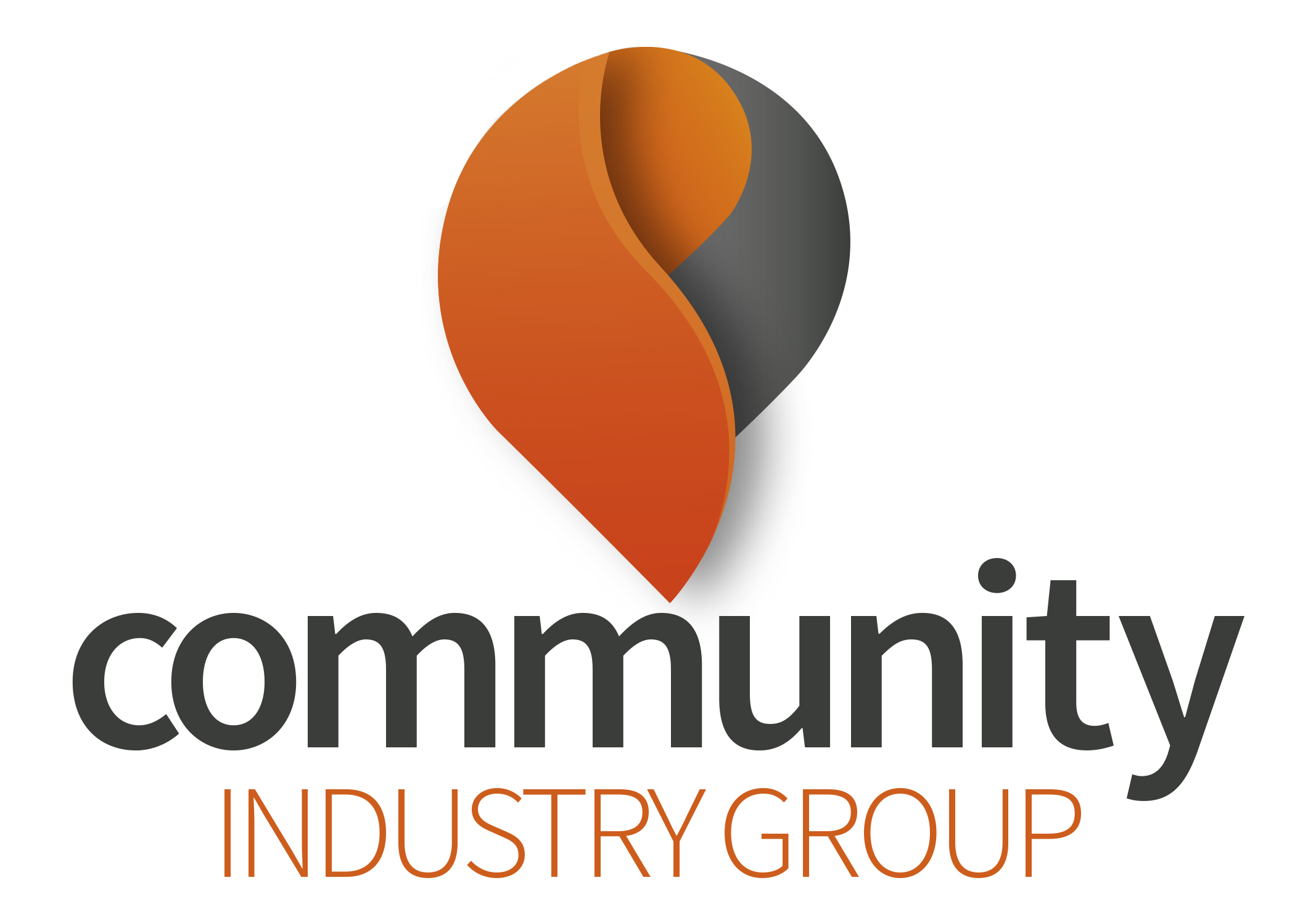Online Training
Where do ethical standards come from?
Where do ethical standards come from?
- Community attitudes
- Human rights
- Duty of care
- Self-determination
- Acceptance
- Confidentiality
Community attitudes –
Ethical standards are based on the underlying values held by the industry itself. These values about how we care for people and the services we provide are tied to social attitudes of the time.
For example, until the mid 1980s in Australia it was acceptable to ‘lock away’ in an institution a person who had a disability. These actions came from a belief that people with disabilities were sick and not capable of participating and contributing to the community. In the last 20 or so years there have been enormous shifts in community attitudes towards disabilities. It is now no longer acceptable to lock people away – this is a violation of people’s rights and their ability to make choices about the type of life they want to lead. The Disability Services Act is the legislation that sets out very clear guidelines on how services now need to provide care that upholds these new community attitudes.
Human rights
As members of the Australian community we all have rights and corresponding responsibilities.
Rights are our basic entitlements as members of a community and are linked to the concepts of social justice and empowerment (ensuring that everyone has the knowledge, skills and confidence to take control of their lives and be treated equally in society).
The concept of human rights is a value which has influenced codes of ethics in the CSI. The concepts of freedom, choice, privacy, dignity, social justice, participation and non-discrimination are all reflected in the ethical standards.
The United Nations’ Universal Declaration of Human Rights is probably the most well known statement on the rights of individuals. This is an example of an International Charter that the Australian Government has agreed to uphold.
You can read about this on the following site: Universal Declaration of Human Rights http://www.universalrights.net/main/declarat.htm
Duty of care
The concept of duty of care is also tied in with ethical standards and reflects a community attitude that people have a right to be cared for in environments that are safe and free from abuse and neglect.
Duty of care refers to your legal responsibility to provide a proper standard of care to all clients. It is an obligation of all workers to perform their duties with care, attention and caution. This includes your duty to protect confidential information.
Self- determination
This refers to clients being able to make their own decisions and choices about their own lives (as long as other people are not harmed by those choices).
Acceptance
Acceptance involves recognising the importance and the value of each individual person. It does not mean always agreeing with their behaviour but rather acknowledging their right to exist, be understood and valued. It relates to the respect and dignity which everyone is entitled to.
Confidentiality
Confidentiality is the protection of personal information. Confidentiality applies to all information that a client or other care worker tells you verbally or gives you in writing. It also applies to things that you learn through observation. All information in a person’s health care record or file is confidential and may not be disclosed without permission from the client or their guardian. Information may be shared with other team members but only when they need the information in order to provide proper care.
Only the client has the right to decide who to share their personal information with.

